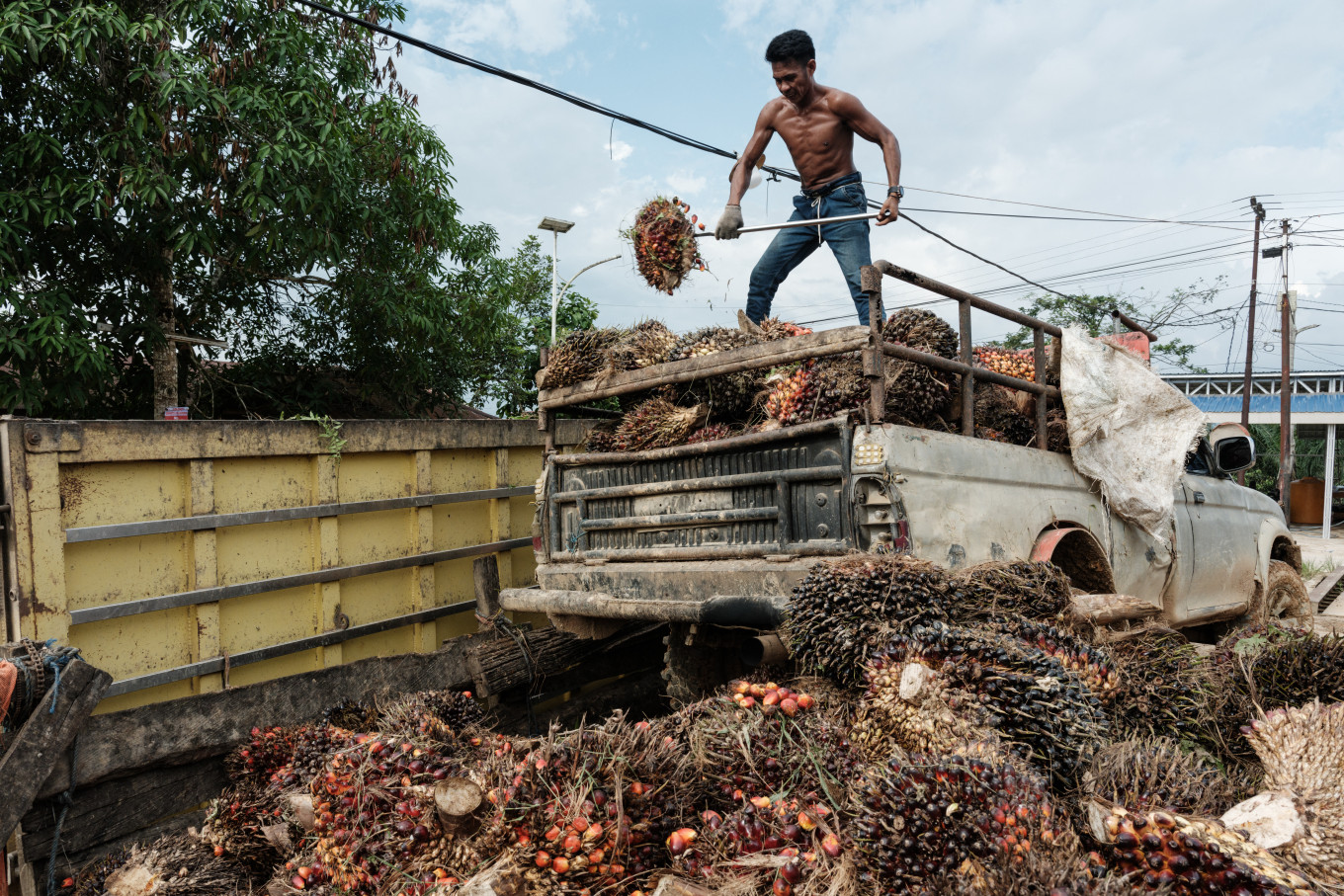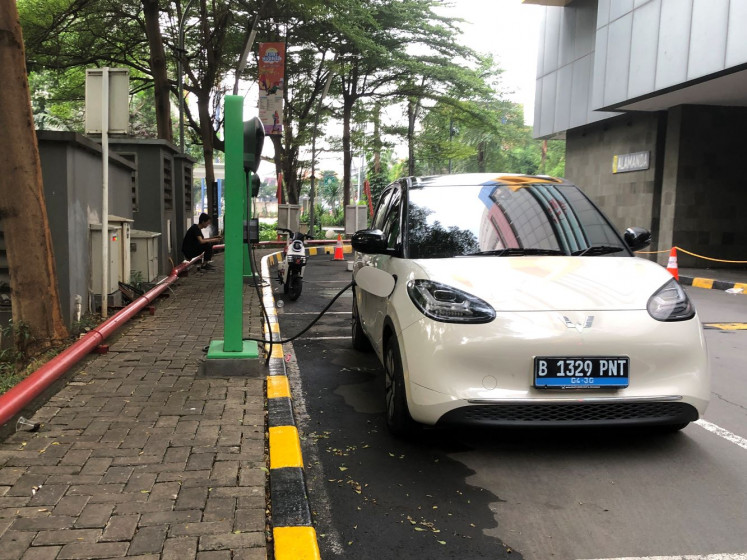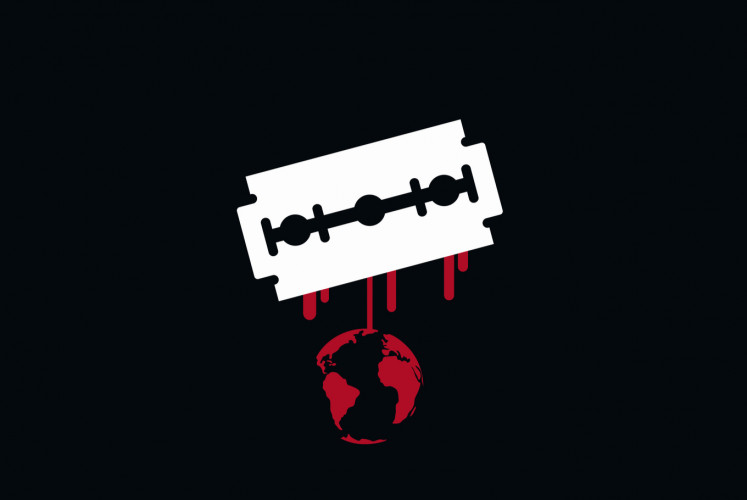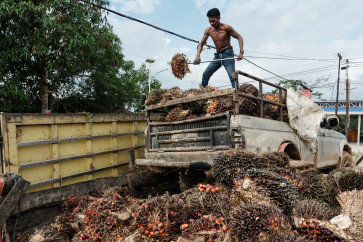Popular Reads
Top Results
Can't find what you're looking for?
View all search resultsPopular Reads
Top Results
Can't find what you're looking for?
View all search resultsIEU-CEPA: A chance to reform Indonesia’s business and human rights governance
Indonesia needs a binding national standard for human rights due diligence, ensuring that companies operating in forestry, energy and extractive sectors identify, prevent, and remediate human rights violations and environmental harm.
Change text size
Gift Premium Articles
to Anyone
T
he September signing of the Indonesia-European Union Comprehensive Economic Partnership Agreement (IEU-CEPA) marks not only the beginning of a new trade era between Jakarta and Brussels, but also an inflection point for how Indonesia governs the nexus of business, environment and human rights.
Under this agreement, Indonesia will enjoy zero tariffs for 90.4 percent of EU markets, opening vast opportunities for non-oil and gas exports. Yet this market access demands new, unavoidable responsibilities: Compliance with the EU Deforestation Regulation (EUDR) and the Carbon Border Adjustment Mechanism (CBAM).
These two instruments redefine global trade standards. The EUDR demands that any product entering the EU must be deforestation-free and traceable to its origin, while CBAM pushes exporters to decarbonize their industries. For Indonesia, whose key exports to the EU include palm oil, cocoa, coffee, rubber, wood and steel, the implications are profound.
The EUDR and CBAM have often been framed as non-tariff barriers. In reality, they can be catalysts for domestic regulatory reform, an opportunity to transform Indonesia’s governance from legality-based to sustainability-based.
Indonesia’s regulatory framework, from the Job Creation Law and Forestry Regulation (PP No. 23/2021) to the Indonesian Sustainable Palm Oil (ISPO) certification, still focuses on the legal status of business operations rather than their sustainability impact. This legalistic orientation often legitimizes deforestation through “forest release” mechanisms and centralized licensing.
The EUDR directly challenges this status quo. It compels Indonesia to align national standards such as ISPO and the Timber Legality Verification System (SVLK) with global traceability and deforestation-free principles. Without such harmonization, Indonesian products risk exclusion from EU markets.
However, reform is not only about market access, it is about governance integrity. Weak monitoring, overlapping permits and weak community participation continue to plague forest governance. The EU’s emphasis on transparency and traceability could help Indonesia close these governance gaps if translated into serious regulatory reform.



















